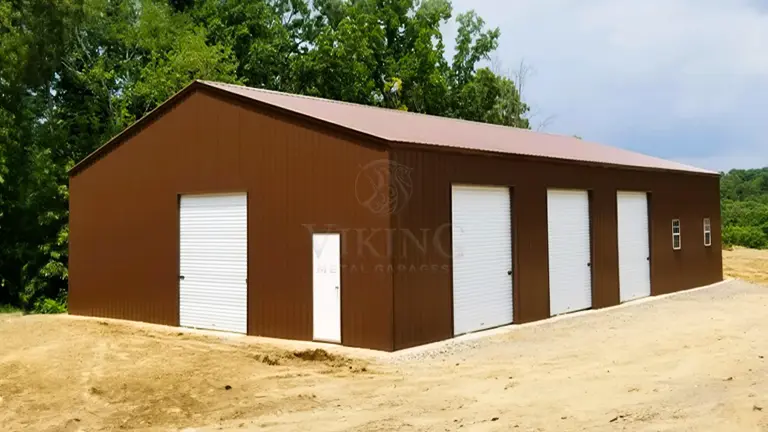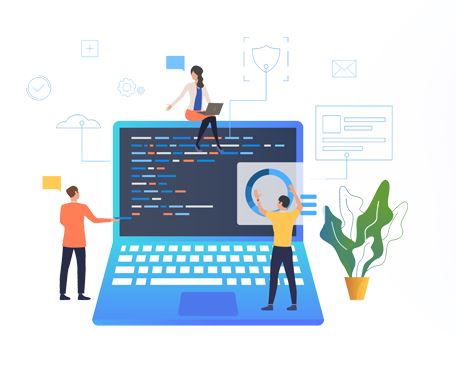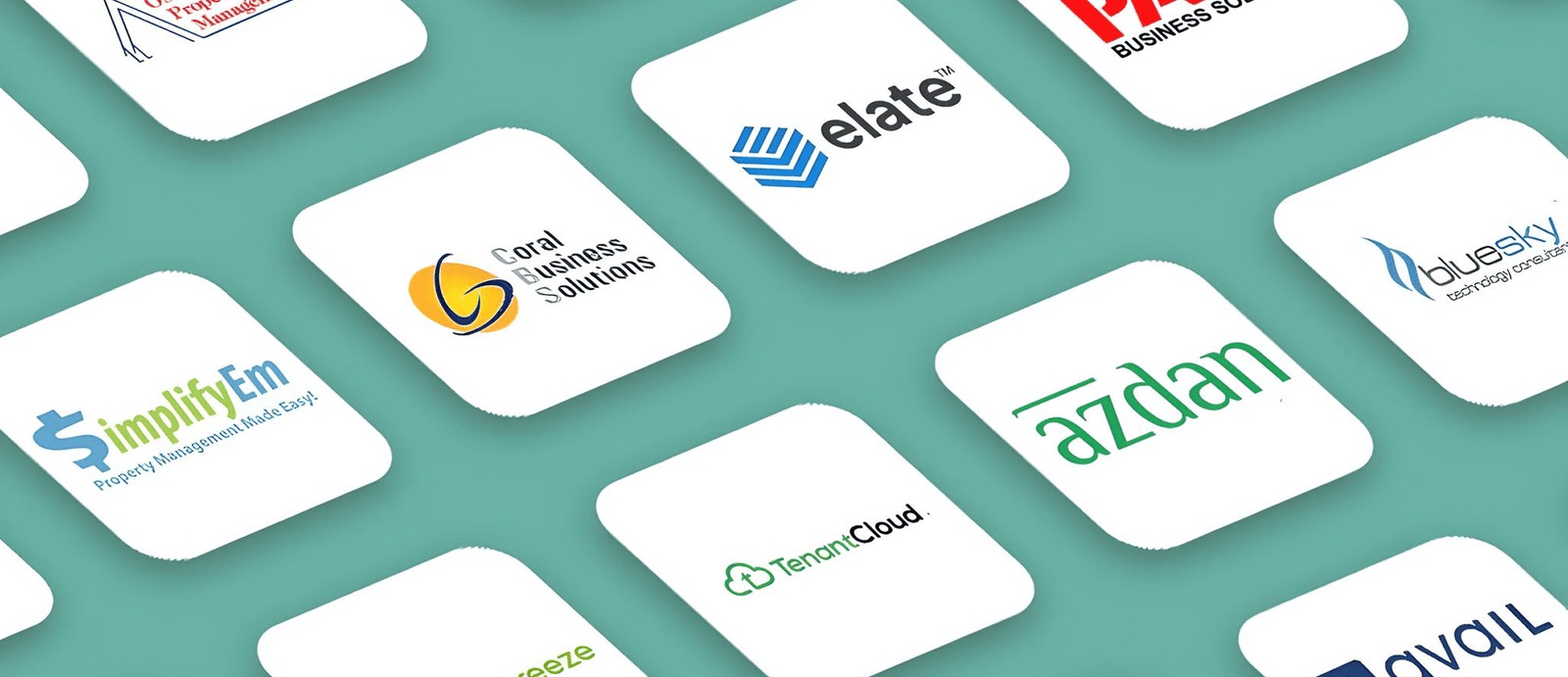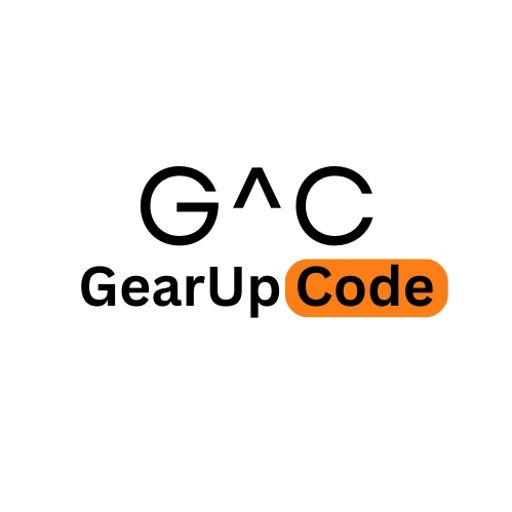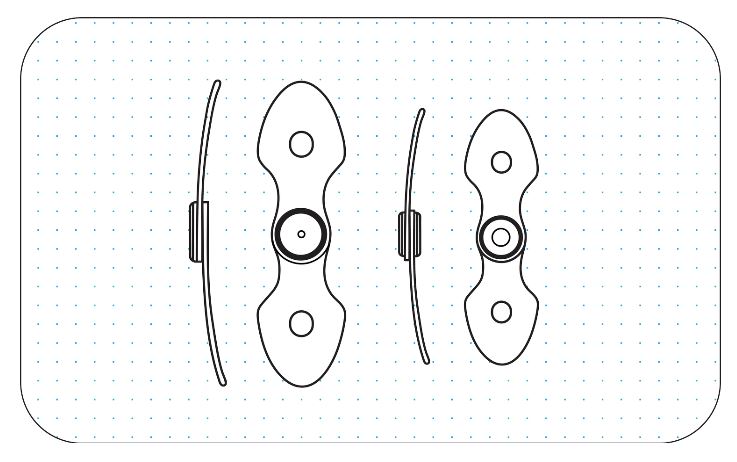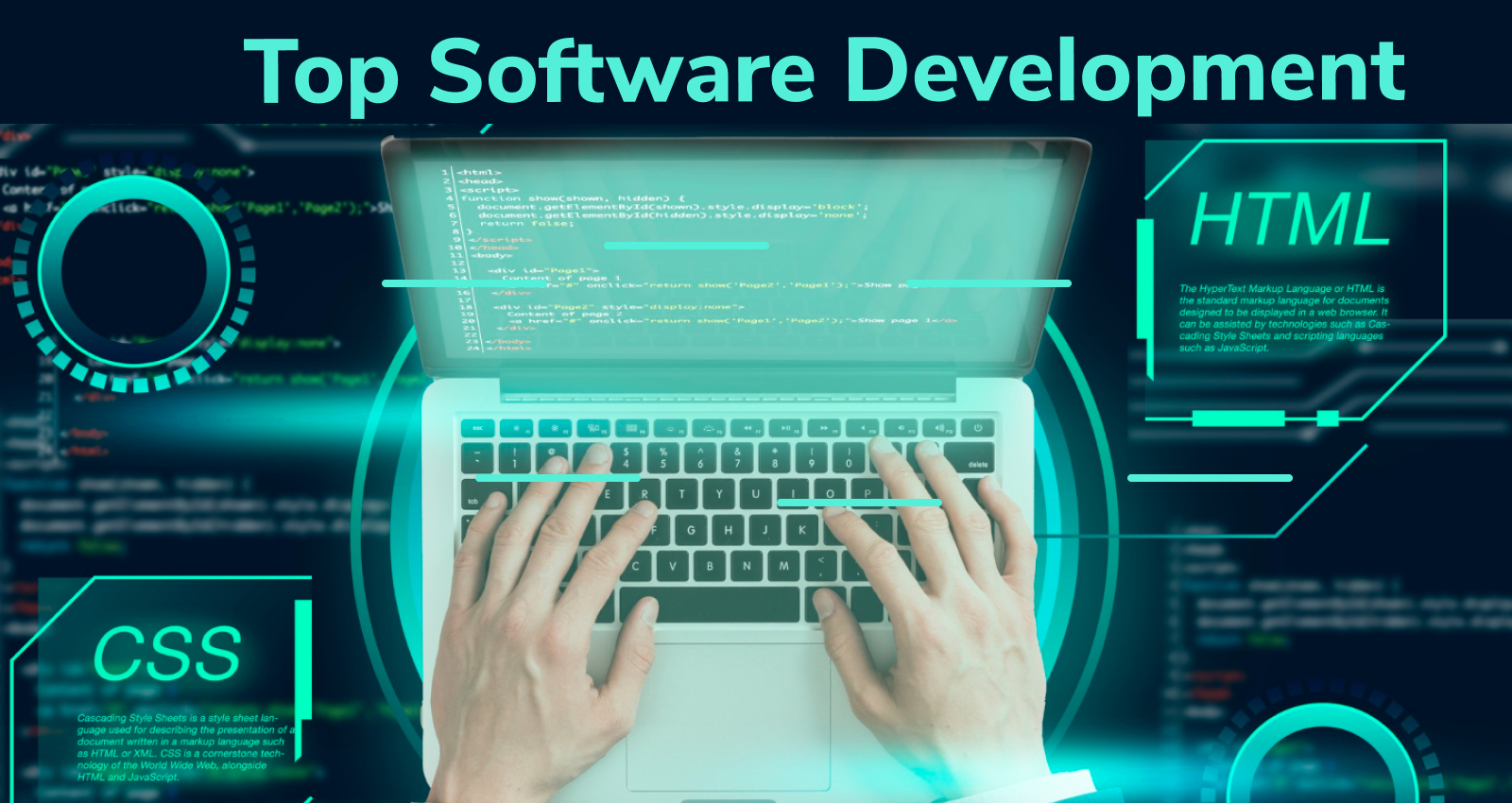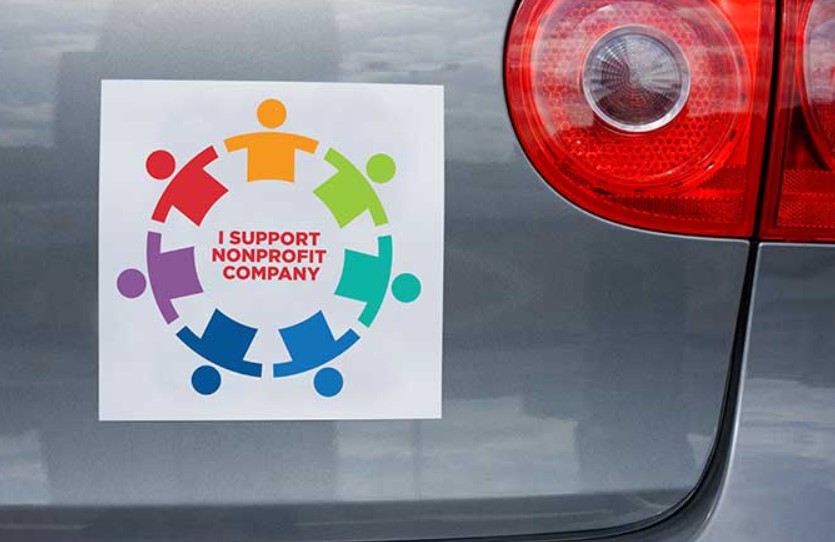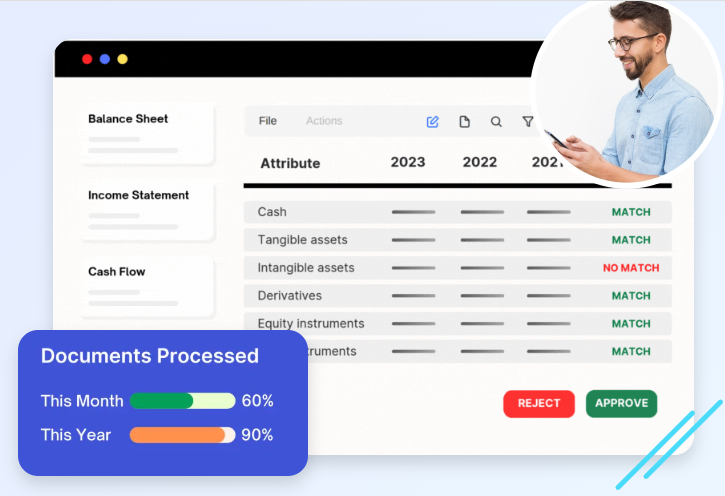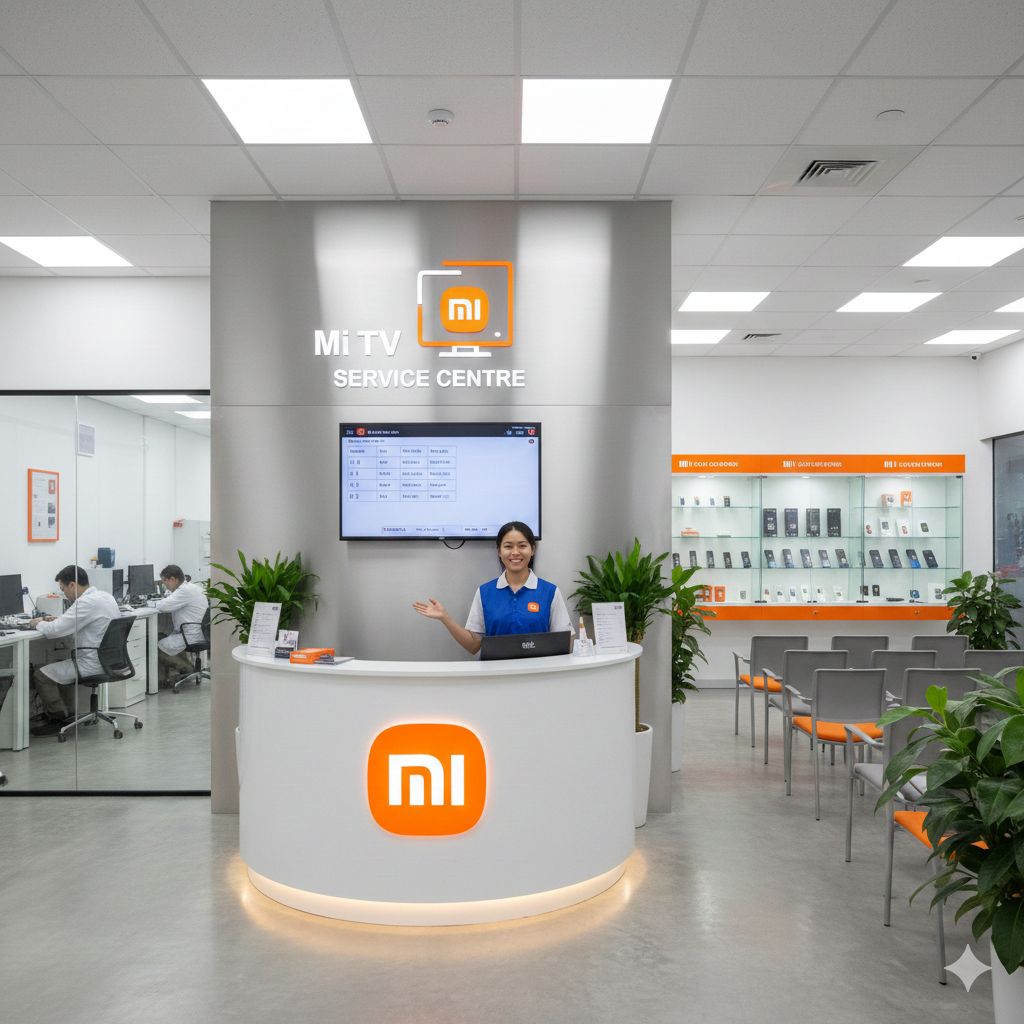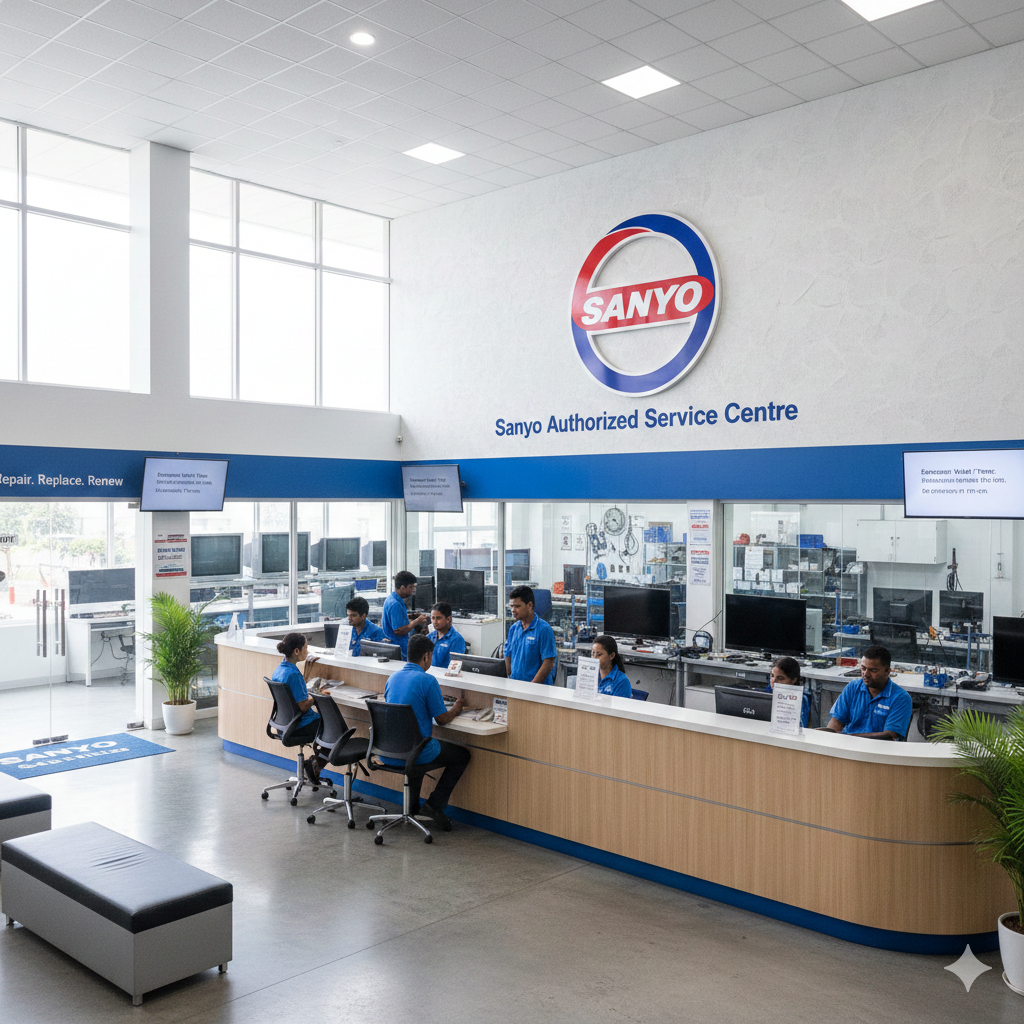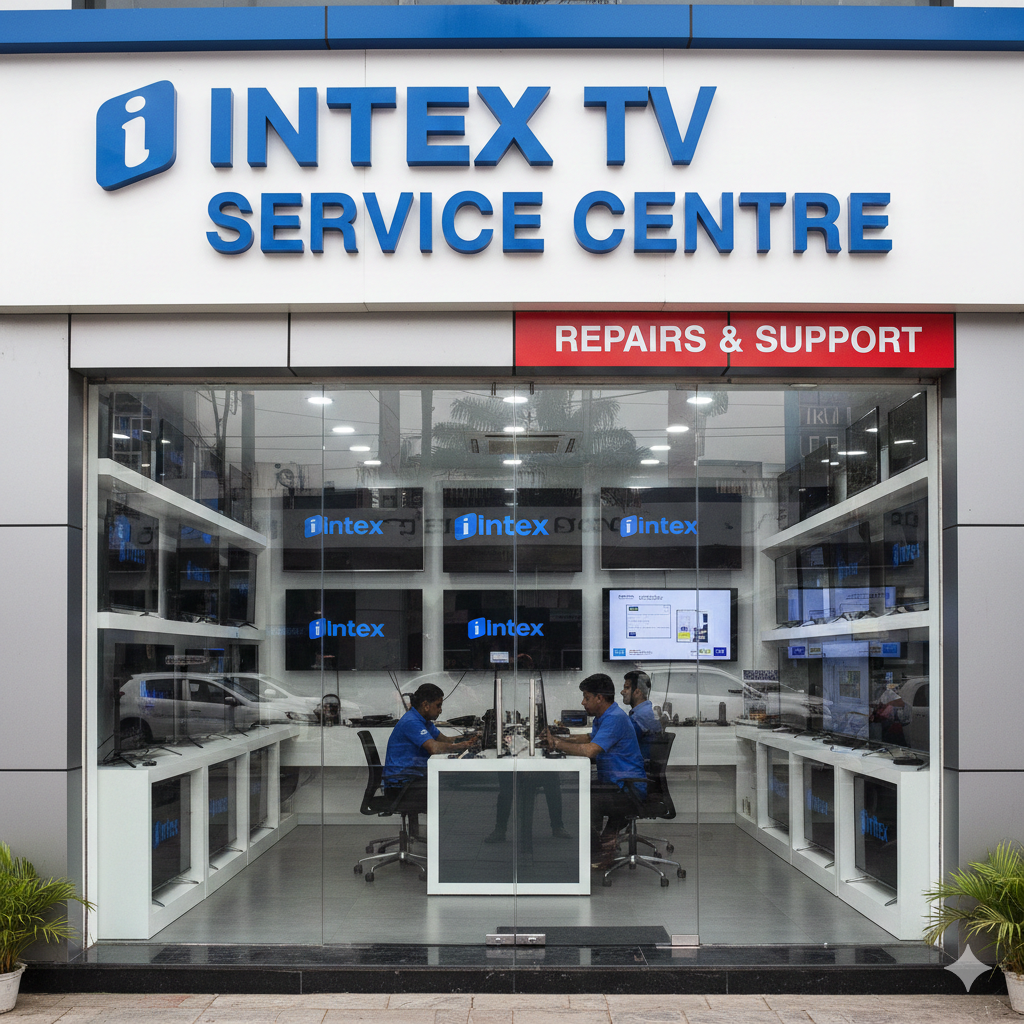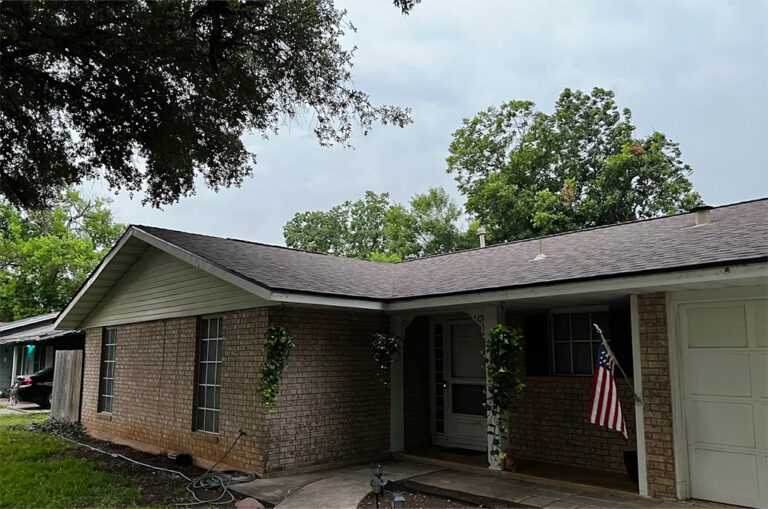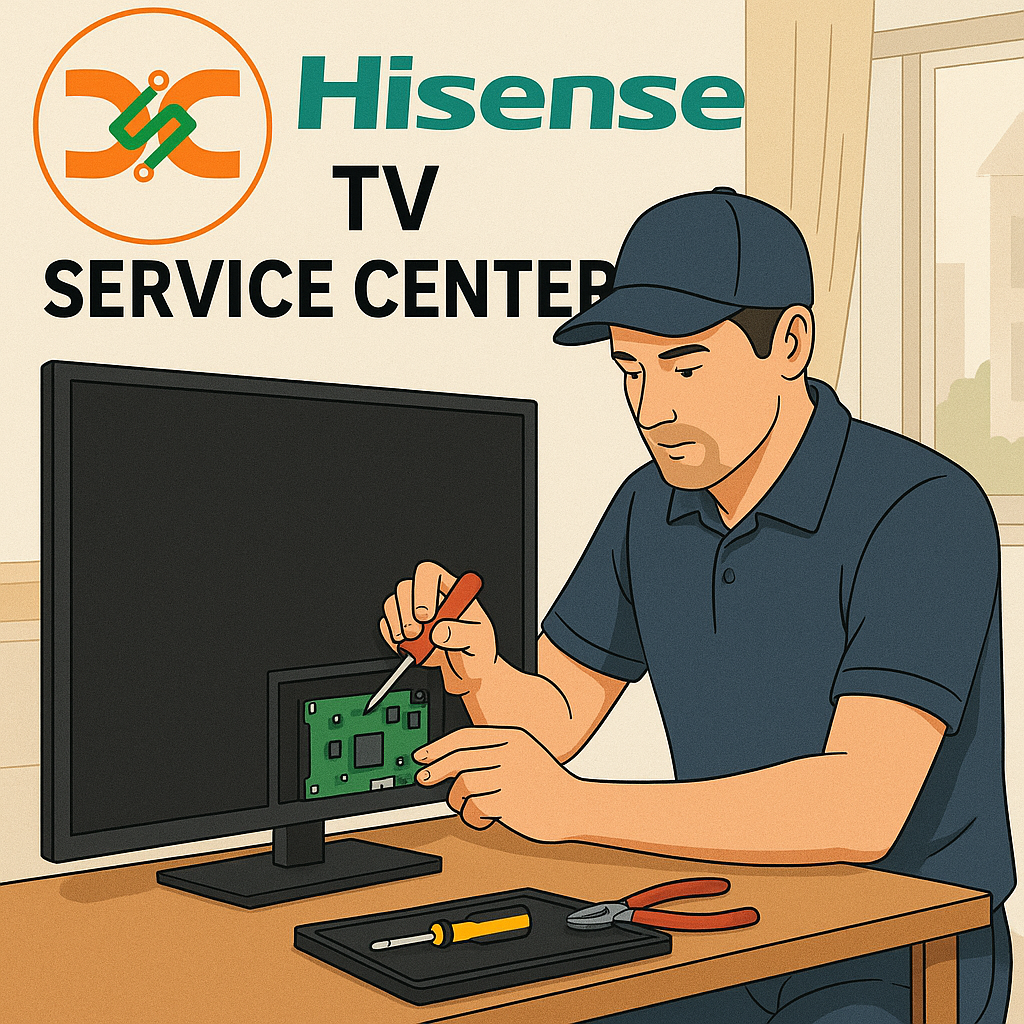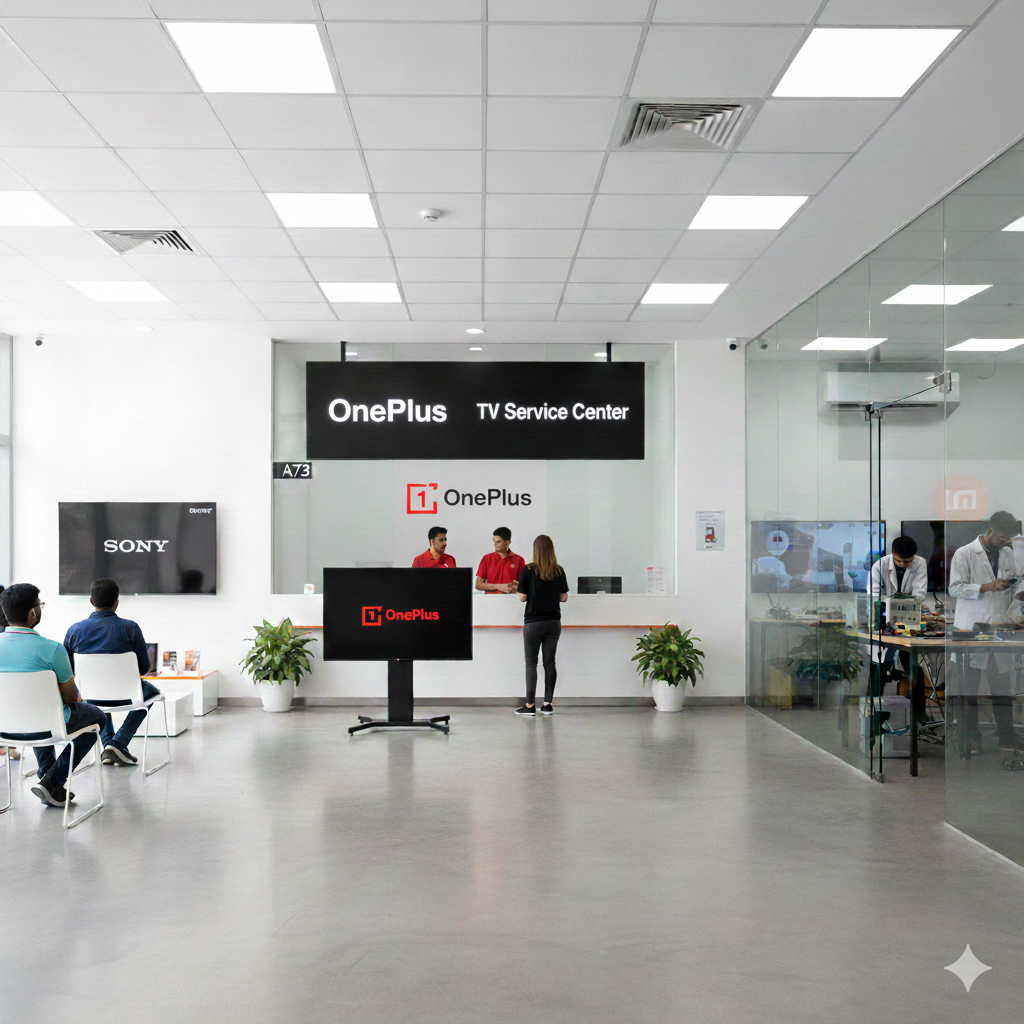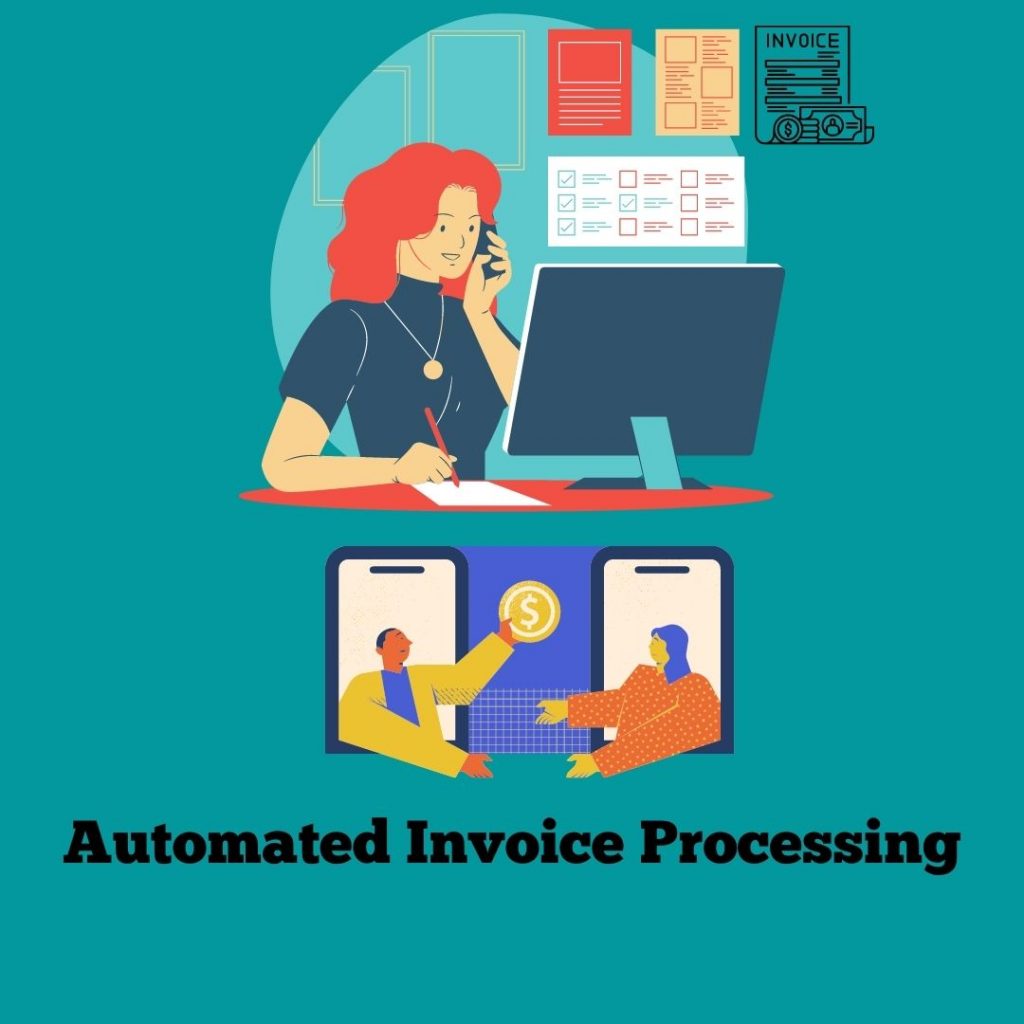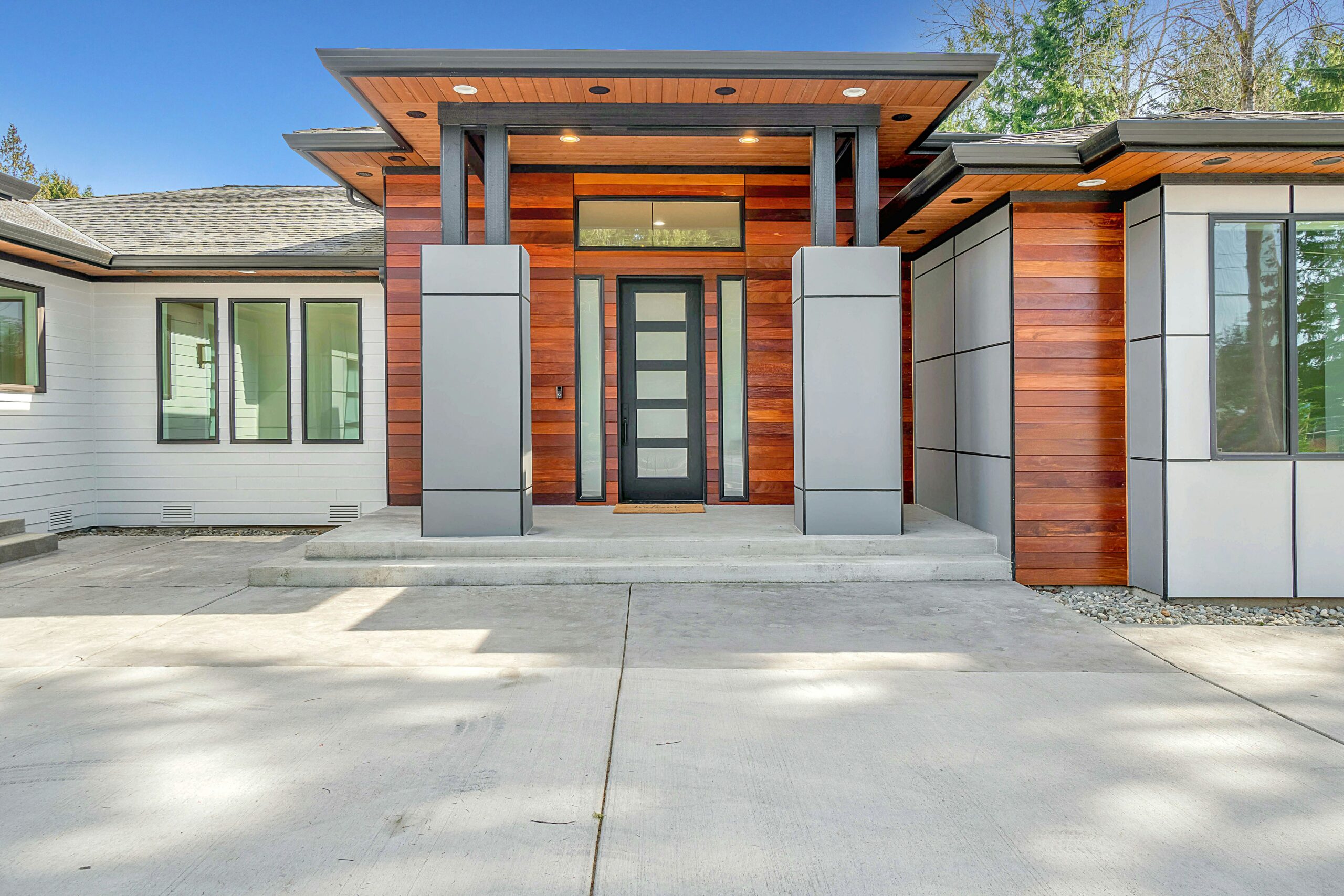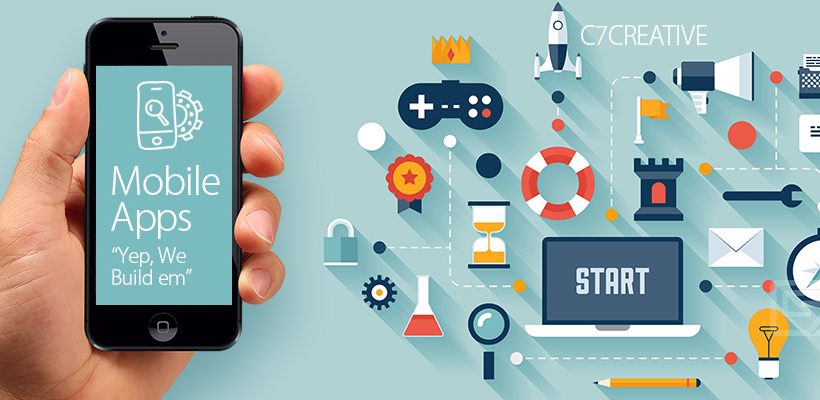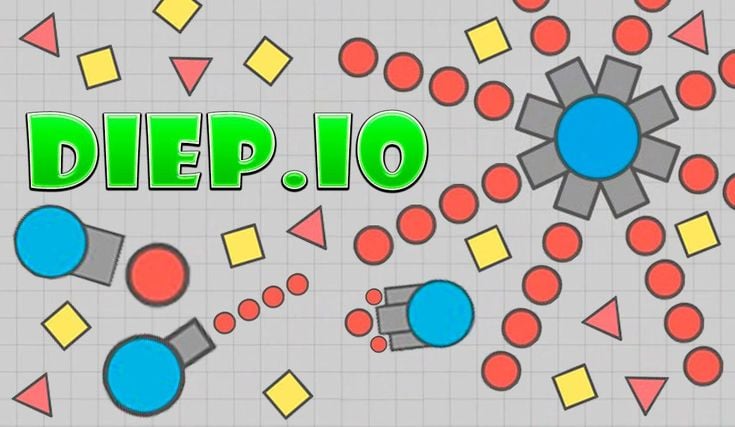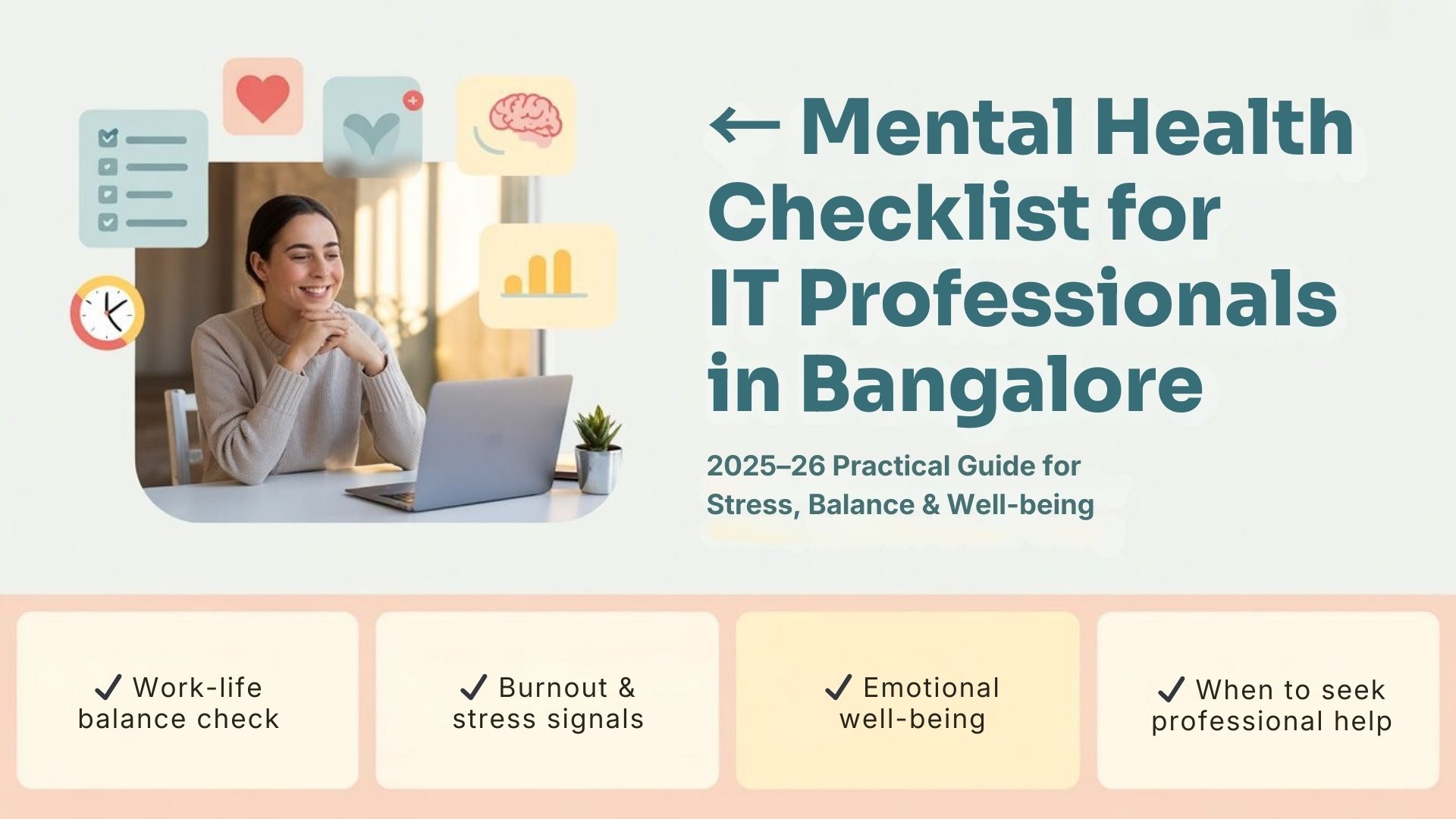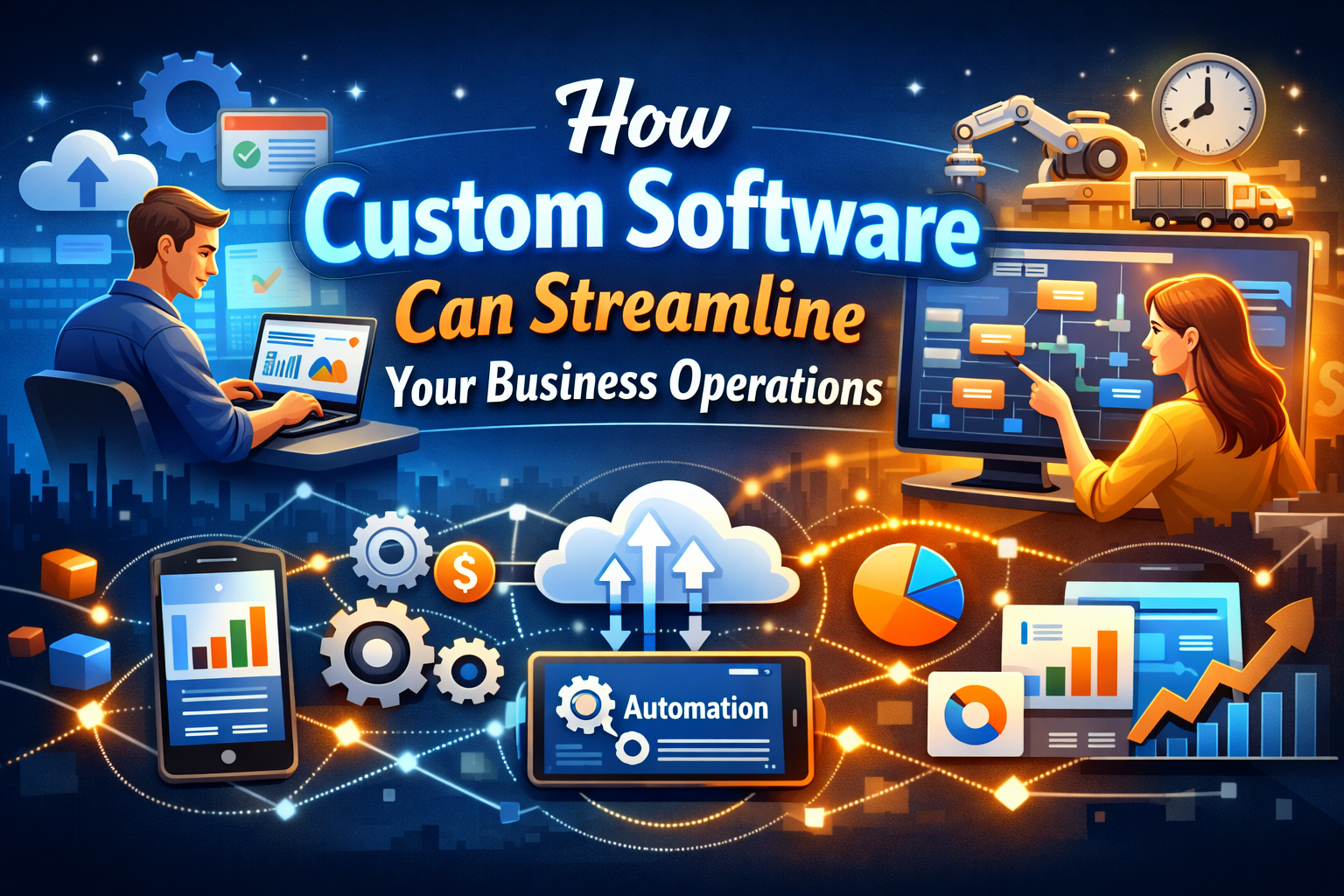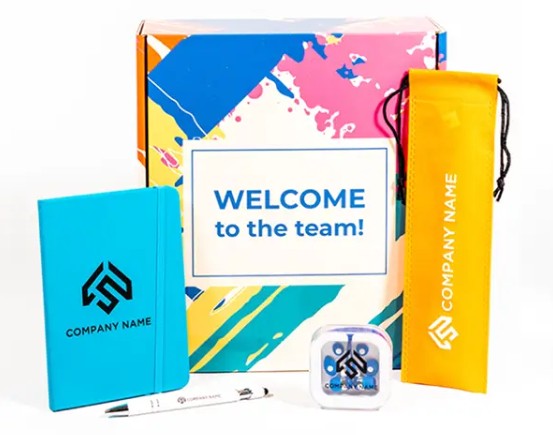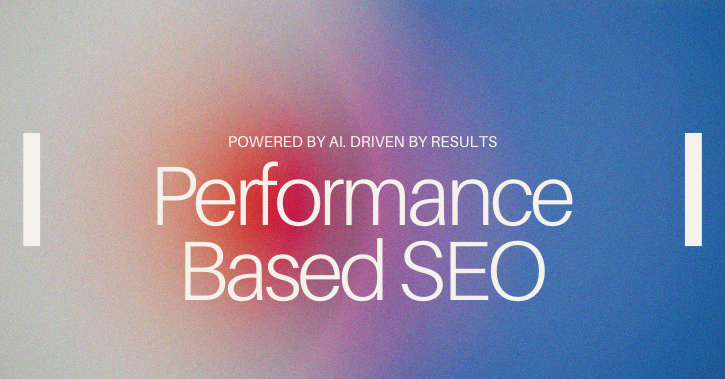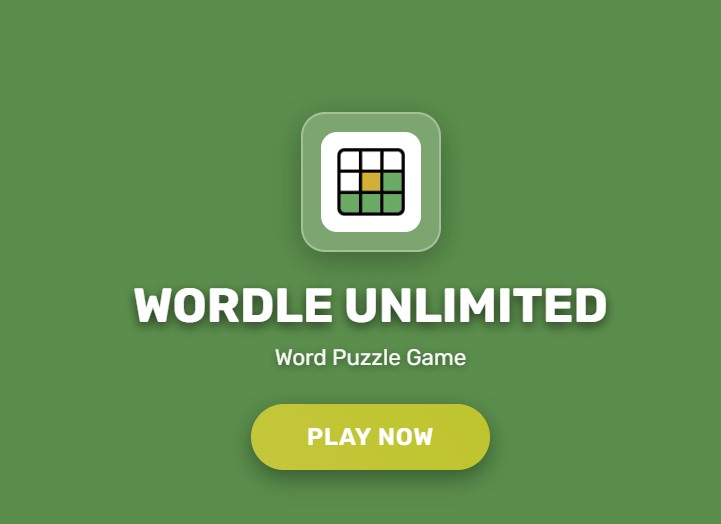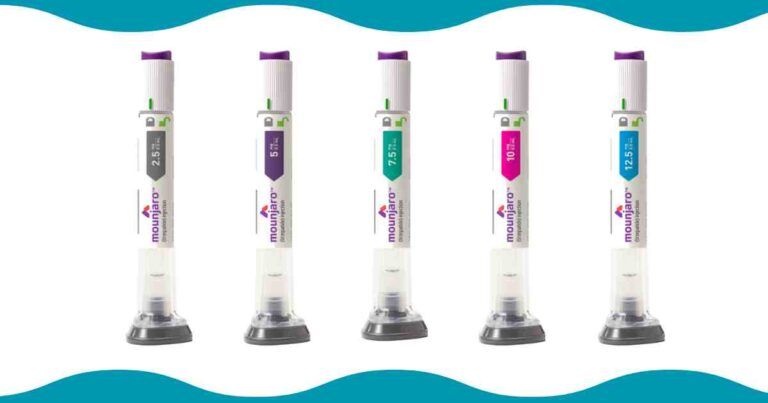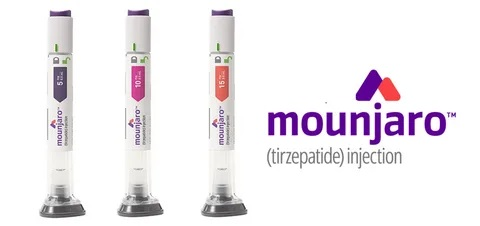The Cost Breakdown of Game Development Services
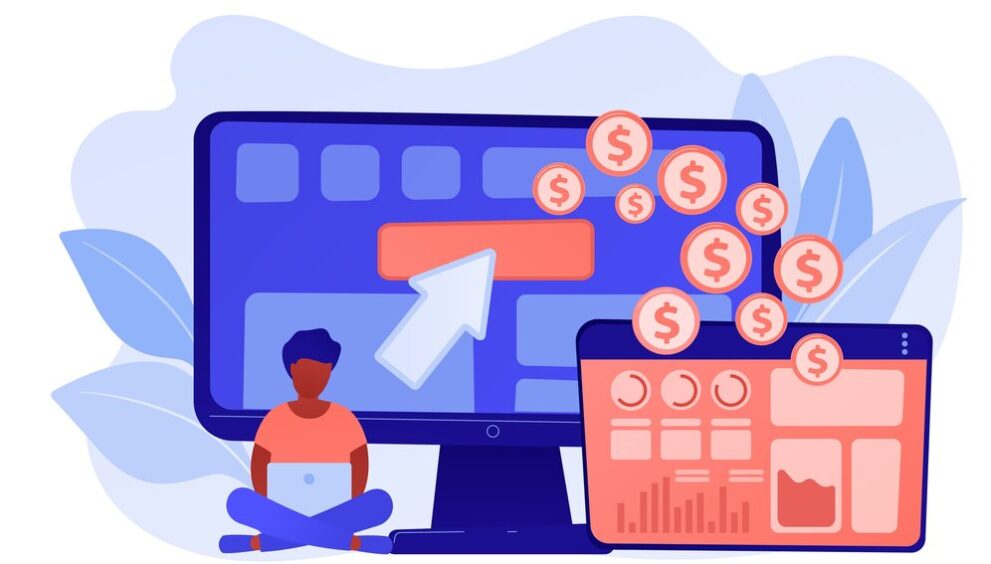
Game development is a complex process that involves multiple stages, each requiring specific expertise, tools, and resources. The cost of developing a game varies significantly based on factors such as game type, complexity, platform, and the team involved. This blog explores the cost breakdown of game development services, including insights into budgeting for different types of games. We will also discuss how a 2D game development company, 3D game development company, and mobile game development services contribute to the overall cost structure.
1. Factors Influencing Game Development Costs
1.1 Game Type and Complexity
The type and complexity of a game are the most significant factors affecting its cost. Here’s a basic comparison:
- Simple 2D Games (e.g., puzzle or arcade games) – $10,000 to $50,000
- Casual Mobile Games – $50,000 to $150,000
- Mid-Level 3D Games – $150,000 to $500,000
- AAA Titles (High-End PC/Console Games) – $1 million to $50 million
1.2 Development Team Size and Expertise
Game development involves multiple specialists:
- Game Designers (Concept & Mechanics) – $30,000 to $100,000 per year
- Developers (2D & 3D) – $50,000 to $200,000 per year
- Artists & Animators – $40,000 to $150,000 per year
- Audio Engineers – $30,000 to $100,000 per year
- Quality Assurance (QA) Testers – $20,000 to $80,000 per year
- Project Managers – $50,000 to $120,000 per year
1.3 Choice of Game Engine
The game engine plays a critical role in both cost and functionality. Some of the most common choices include:
- Unity (2D & 3D) – Free to $4,000 per year (enterprise version)
- Unreal Engine – 5% royalty fee after $1 million revenue
- Custom Game Engine – $100,000+ for development
2. Key Cost Components in Game Development
2.1 Pre-Production Costs
Before the actual development begins, game designers, artists, and developers collaborate to create the game concept. The major cost components include:
- Market Research & Feasibility Study – $5,000 to $50,000
- Game Design Document (GDD) – $10,000 to $50,000
- Concept Art & Prototyping – $10,000 to $100,000
2.2 Game Development Costs
This is the core phase where actual coding, animation, and design take place.
- Coding & Programming – $50,000 to $500,000
- Art & Animation (2D/3D Assets) – $20,000 to $200,000
- Game Physics & AI Implementation – $20,000 to $100,000
- Sound & Music – $10,000 to $50,000
2.3 Testing and Quality Assurance
Bugs and performance issues need to be identified and fixed before launch.
- QA Testing & Debugging – $10,000 to $100,000
- Beta Testing & Feedback Incorporation – $10,000 to $50,000
2.4 Marketing and Distribution
Launching a game requires substantial marketing to reach the target audience.
- Advertising Campaigns – $20,000 to $500,000
- App Store/Steam Publishing Fees – $100 to $5,000
- Community Engagement & Influencer Marketing – $10,000 to $200,000
2.5 Post-Launch Support and Updates
A successful game requires continuous updates, bug fixes, and expansions.
- Bug Fixes & Patches – $10,000 to $100,000 annually
- DLCs & Expansions – $50,000 to $500,000
- Customer Support – $20,000 to $100,000 per year
3. Cost Comparison Between 2D, 3D, and Mobile Game Development
| Development Type | Estimated Cost Range |
|---|---|
| 2D Mobile Game | $10,000 – $100,000 |
| 3D Mobile Game | $50,000 – $500,000 |
| PC/Console 2D Game | $50,000 – $500,000 |
| PC/Console 3D Game | $500,000 – $5,000,000+ |
| AAA Game Development | $1,000,000 – $50,000,000+ |
4. Outsourcing vs. In-House Development
Choosing between outsourcing and in-house development significantly affects costs.
- In-House Development – High initial costs but full control over the project
- Outsourcing to a 2D Game Development Company or 3D Game Development Company – Cost-effective with access to expert teams
5. How to Optimize Game Development Costs
5.1 Prioritize Essential Features
Avoid feature creep by focusing on core mechanics first.
5.2 Utilize Open-Source and Affordable Tools
Using game engines like Unity or Godot can save costs compared to custom-built engines.
5.3 Outsource Non-Core Tasks
Hiring a mobile game development services provider can be more cost-effective than building an in-house team.
5.4 Plan for Long-Term Monetization
Freemium models, ads, in-app purchases, and subscriptions can help offset development costs.
Conclusion
Game development is a costly endeavor that requires careful budgeting and resource allocation. Whether you are hiring a 2D game development company, a 3D game development company, or leveraging mobile game development services, understanding the cost breakdown is crucial for making informed decisions. By optimizing expenses, leveraging outsourcing, and planning strategically, game developers can create successful games within their budget constraints.


 English
English 

